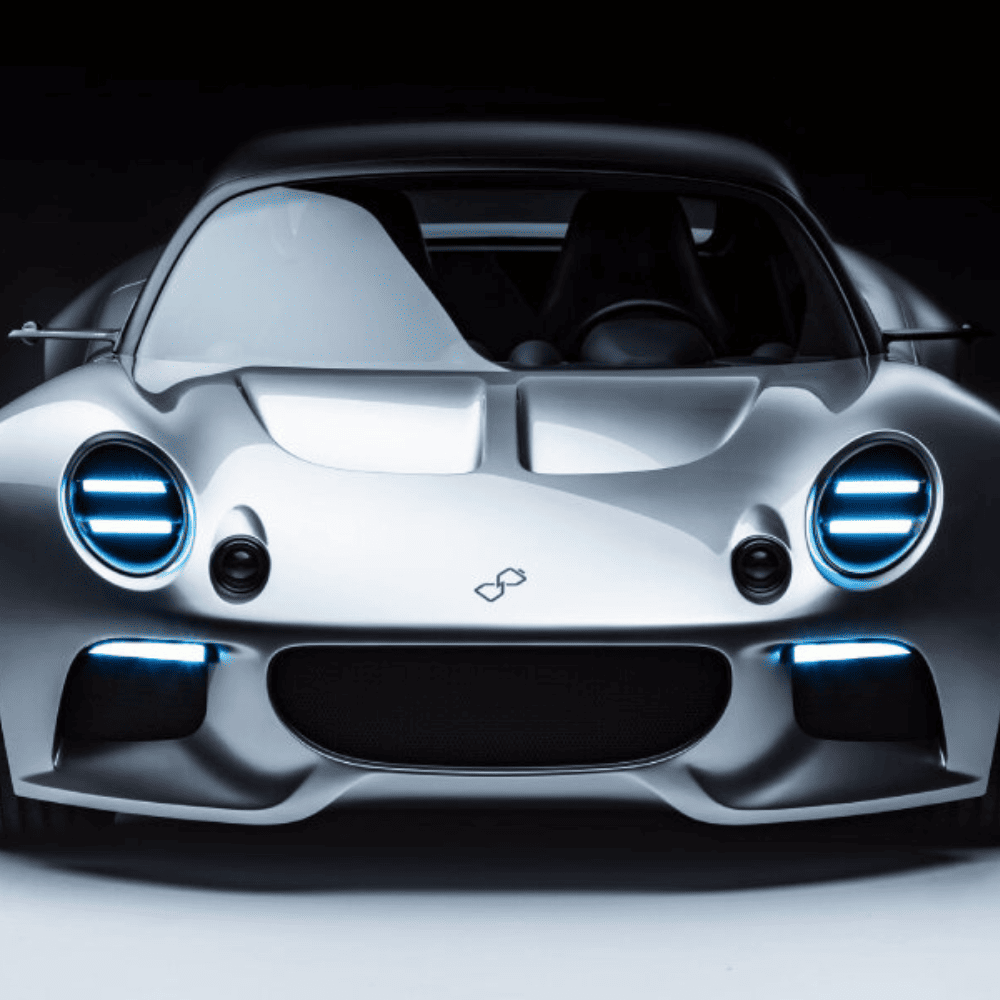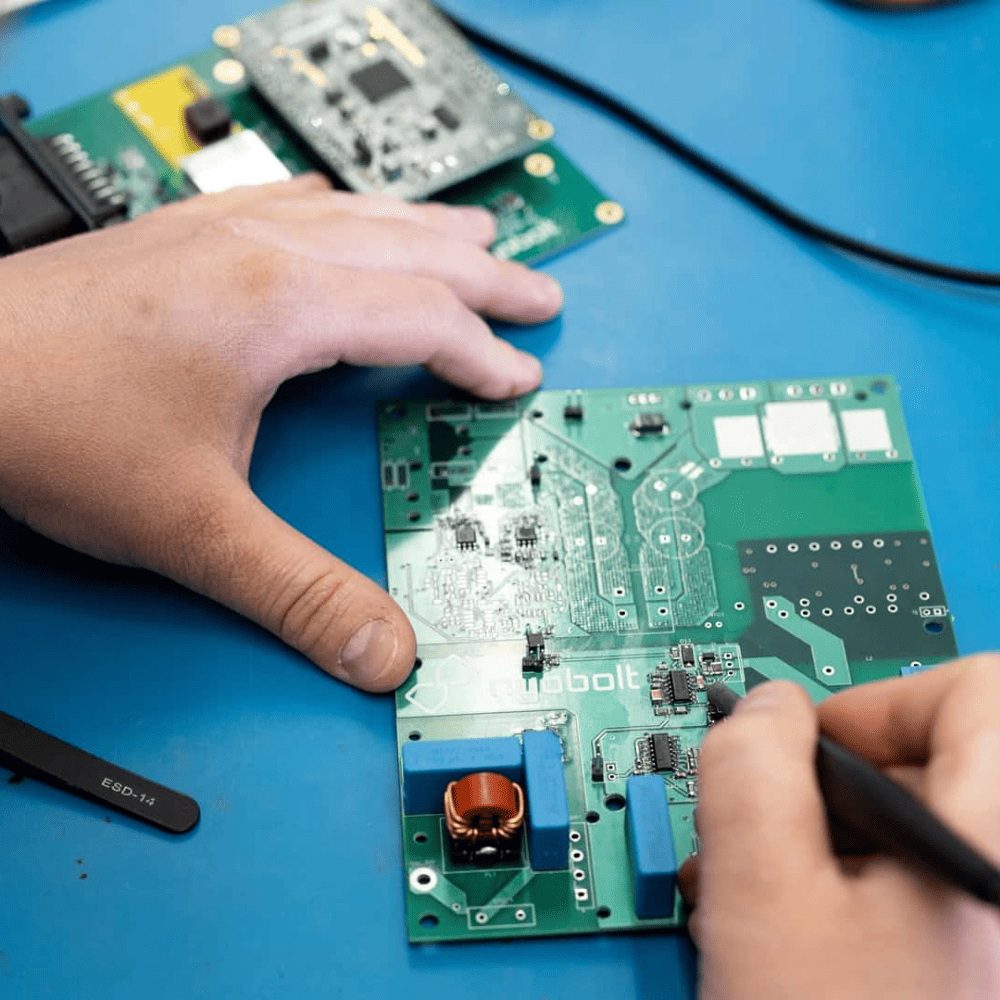
In a significant leap forward for the EV industry, U.K.-based startup Nyobolt has unveiled a remarkable achievement in battery technology. The company claims to have unlocked the “holy grail” of EV batteries by enabling rapid charging times of less than 6 minutes. This breakthrough has the potential to address one of the main concerns surrounding EVs – the time it takes to recharge compared to refueling with gasoline.
Revolutionizing EV Charging Times

Nyobolt’s breakthrough holds the promise of bridging the charging gap between EVs and gasoline cars, offering a more seamless and efficient charging experience. By significantly reducing charging times, EV owners can enjoy a level of convenience akin to pumping gas, ultimately minimizing range anxiety and allowing for the use of smaller battery packs.
Closing the Gap

To demonstrate the capabilities of their technology, Nyobolt collaborated with Callum, the design firm founded by renowned automotive designer Ian Callum. Together, they created an electric sports car that showcases the potential of Nyobolt’s battery tech. With a sleek design and lightweight carbon-fiber bodywork, the car features a relatively small 35-kWh battery pack. Impressively, a 6-minute charge delivers an impressive 155 miles of range, translating to a remarkable 1,600 miles of range added per hour of charging.
The Future of Electric Cars
Nyobolt’s battery technology has undergone extensive testing, with over 2,000 fast-charge cycles conducted without any significant performance degradation. The startup is now poised for rapid scale-up and aims to incorporate its groundbreaking technology into production models starting in 2024. In addition to sports cars, Nyobolt envisions its battery tech being utilized in luxury cars, trucks, and buses, opening up new possibilities for electrification in various transportation sectors. With Nyobolt’s game-changing battery technology on the horizon, the future of electric mobility looks more promising than ever. As EVs become more convenient and practical, the barriers to widespread adoption continue to crumble.